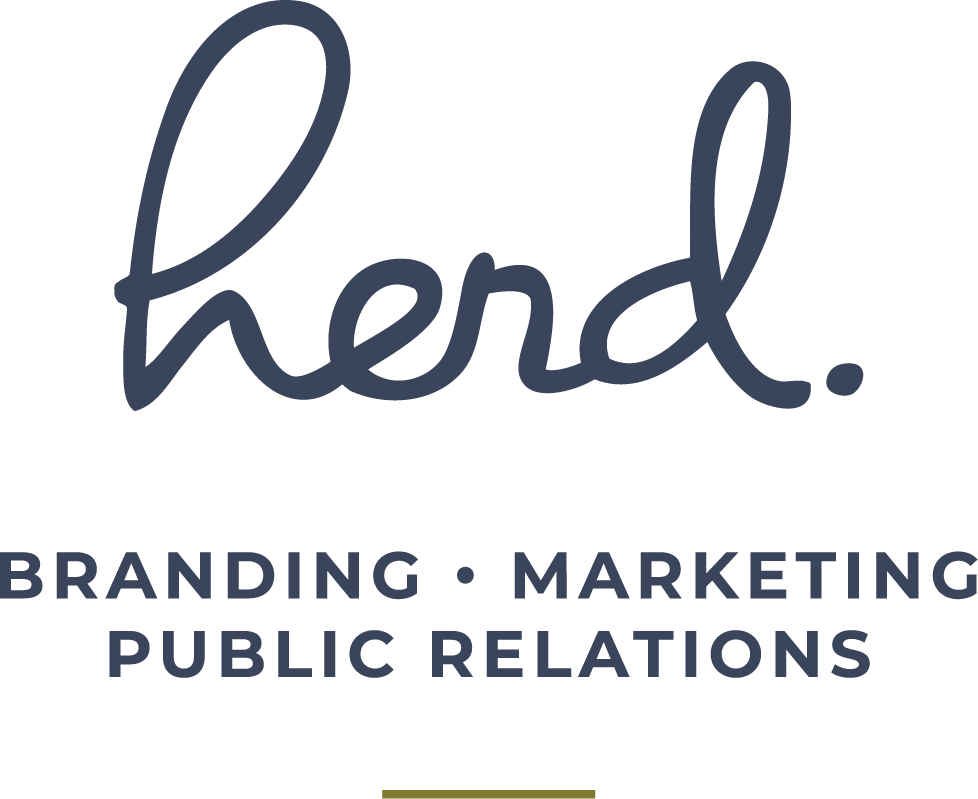Beauty for All
I started wearing foundation when I was 11. Though my introduction to makeup was born out of attempts to camouflage my severely acne-prone skin, I soon became interested in the artistic aspects of makeup. In middle school, I remember scouring YouTube for video tutorials, which mainly consisted of tips for applying moody lip colors, executing the perfect winged eyeliner and recreating heavily bronzed full-glam looks.
There was just one problem: I couldn’t find a foundation shade that matched my skin tone. All the lighter-skinned makeup artists I watched online didn’t seem to have a problem with that, but I always looked decidedly orange. Struggling to find products that had the right undertone or were light enough began to open my eyes to how few color options were available if your shade fell outside of the beige-to-tan range. Whenever I watched videos by Black makeup artists, I began to notice how often they had to mix foundations to find their perfect shade. Often, the foundation brands they used were not brands I had ever seen in my local drugstore or makeup store. Scrolling through their comments, I saw other Black women sharing their own experiences and frustrations surrounding finding products that worked for them. Why weren’t accessible brands making foundations with them in mind?
It wasn’t until I was in high school that the makeup industry started to address its inclusivity shortcomings, primarily thanks to one woman: Rihanna.
Robyn Rihanna Fenty needs little introduction. Performing under her middle name, the Barbadian artist has released chart-topping albums and singles since the early 2000s. Now, with over 250 million record sales worldwide, Rihanna is the second-best-selling female music artist of all time, with an estimated net worth of $1.4 billion.
After dominating the music industry, Rihanna pursued her passion for fashion and beauty. Pulling from a lifelong love of beauty products inspired by childhood memories of watching her mother work at a makeup counter in Barbados, she spent two years developing a solo beauty line. In September 2017, she launched Fenty Beauty. Rihanna was the first Black woman to partner with the luxury conglomerate LVMH, which owns brands such as Givenchy and Dior.
Through her makeup line, Rihanna sought to fill gaps in the beauty industry; namely, the lack of inclusivity in product shade ranges. In its initial launch, Fenty Beauty released a foundation line with an unprecedented 40 shades, offering some of the deepest and some of the lightest shades on the market. A testament to the need for inclusive products, every darker shade sold out on the first day, with all other shades following soon after.
The range of foundation shades, currently standing at 59 colors, sparked what became known as the “Fenty effect.” Beauty brands rushed to expand their shade ranges, many doubling their previous offerings. Upholding its motto, “Beauty for All,” Rihanna’s expansive line was soon regarded as the industry standard. Over the next year, I began to see the effect in my local stores, with tired displays being refreshed to accommodate brands with wider shade ranges.
By making makeup more accessible to everyone, Rihanna hoped to inspire others to see beauty products as ways to be playful and express their unique personalities rather than as sources of frustration. “Makeup is there for you to have fun with. It should never feel like pressure. It should never feel like a uniform,” she said. “Feel free to take chances, and take risks, and dare to do something new or different.” From my experience, I know that having a foundation or concealer shade that matches your skin tone is empowering, inspiring self-confidence and creative freedom. By creating a makeup line designed for all beauty lovers, not just a select few, Rihanna sparked lasting, positive change in how people experience and express their own artistry through makeup.

